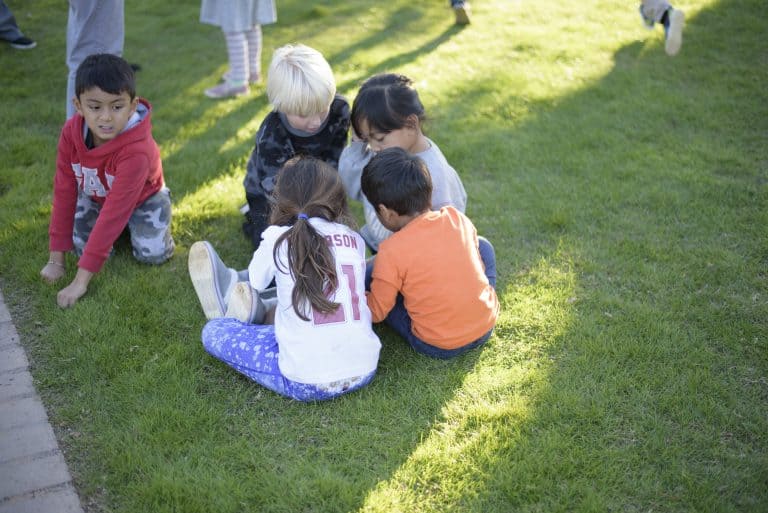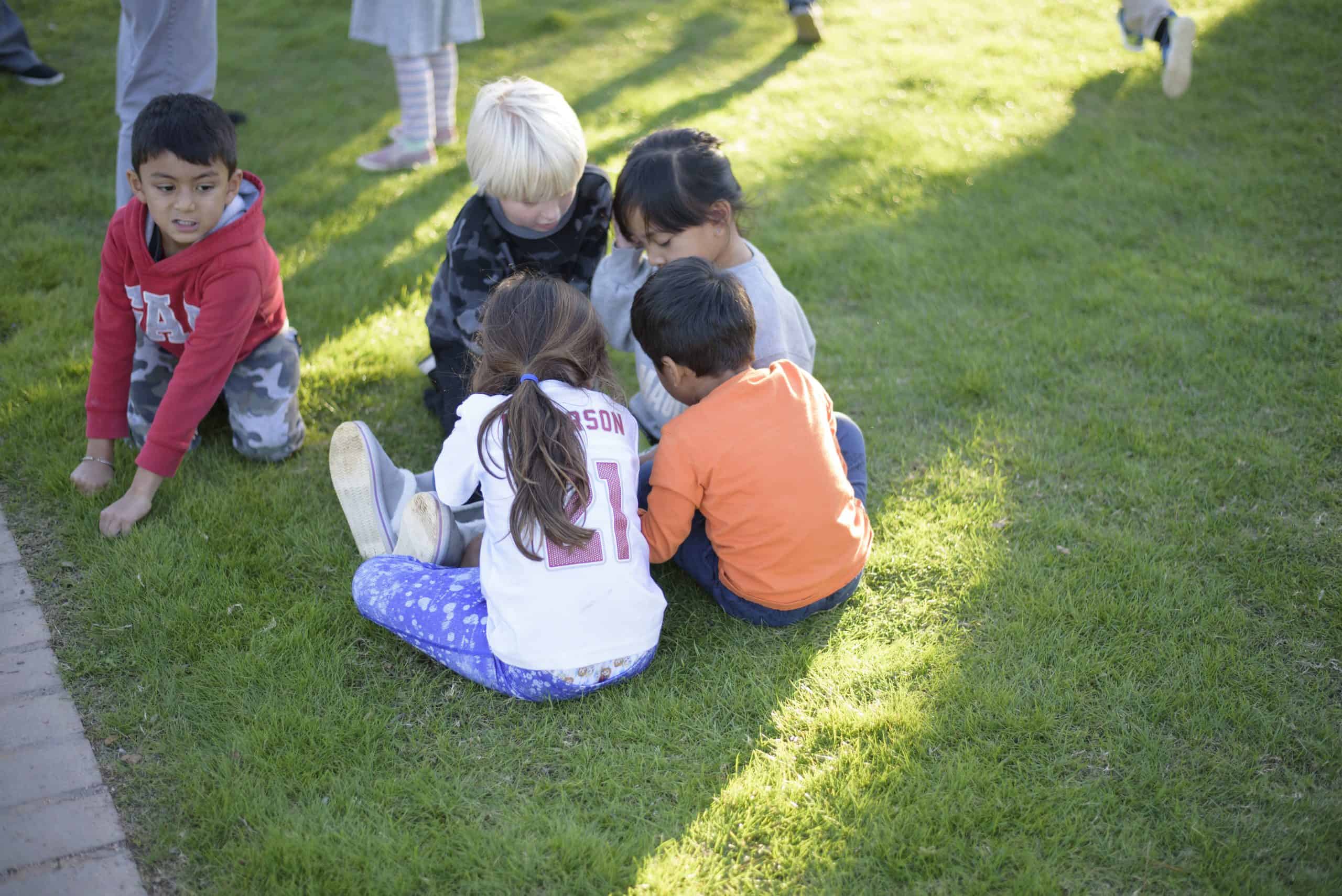At the start of a new school year, our focus turns to routine, academics and extra-curricular activities. For children however, one of the most important aspects of returning to school is friendship.

School friendships can, and should, be a source of great joy and inspiration for all children. Unfortunately, we know this is not always the case.
Friendships at school have a profound impact on the child’s sense of security, confidence and belonging. The quality of school friendships can influence a child’s willingness to engage and participate, to learn and explore, and their attitude toward school in general.
This year, at FMS, we are turning our attention to fostering harmonious friendships.
While harmonious friendships are the goal, they don’t always come easily.
The start of a school year is a great time to talk to your children about their relationships at school, and to give them some tools to navigate this sometimes-rocky terrain.
Our wonderful friends at Grow Your Mind shared these fun facts about friendships that are a great conversation starter you can use at home with your children.
6 Friendship Facts:
- You don’t have to be friends with everyone. But let’s agree to be friendly to everyone.
- Not all friends are good for us
- Conflict is a part of every friendship. You don’t need a BIG guard dog to deal with it
- Friendships change & that’s OK (it still hurts though)
- No friendship is perfect
- Generous assumptions help every friendship. What is the best you could assume about your friend?
Grow Your Mind offer a range of innovative wellbeing resources for children, families and teachers. Their methods draw from evidence-based research in positive psychology, social and emotional learning, public health and neuroscience.

At FMS, our staff recently received Grow Your Mind training and continue to participate in professional development programs to deliver positive mental health strategies to better support our students’ emotional development and wellbeing – including how to cultivate harmonious friendships!
Fostering harmonious relationships is after all, a skill. Like all skills, it requires learning, effort and practice.
As we enter the new year, our educators are better equipped to help your children navigate the ins and outs of friendships. Some of the key lessons from Grow Your Mind that our educators will share and practice with FMS children this year include:
- Recognising healthy vs unhealthy friendships
- How to be problem solvers, not problem seekers
- Productive ways to deal with conflict
- How to make amends respectfully
- Standing up to peer pressure and the skills to make decisions
- Avoiding unnecessary conflict
- The difference between a joke and being mean
- Celebrating each other’s wins
- Making and keeping a good friend
Friendships, like children, require care and nurturing. They take work, but a good friend is worth working for!
You can learn more about Grow Your Mind here, and please ask any questions about the programs in the comments below.



